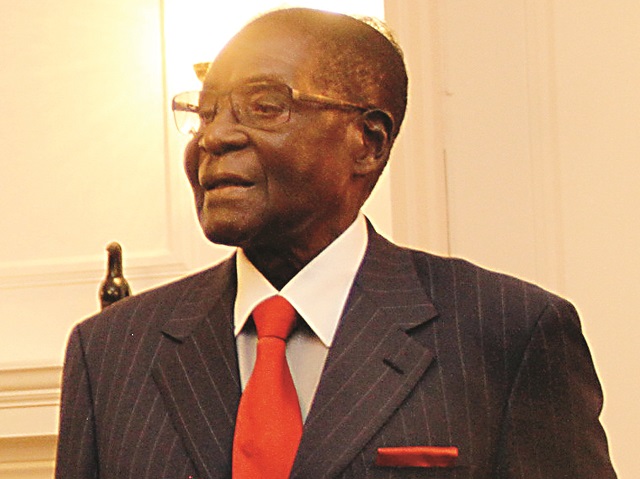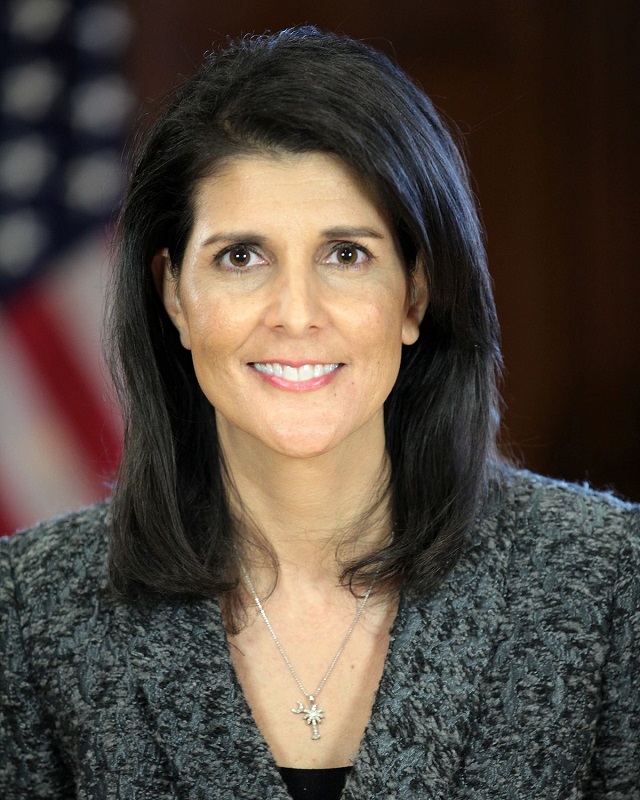EDITORIAL COMMENT: Time to turn parastatals around

The statistics are extremely depressing.
Of the 107 state enterprises and parastatals (SEPs) in the country, 85 are recording losses annually, with performance figures for 2015 showing a worse position compared to 2013. This means that only 22 are operating profitably.
In the 1990s, they accounted for 40 percent of the Gross Domestic Product, but underperformance caused mainly by gross mismanagement and corruption, has seen their contribution plummeting to 11 percent from year 2000.
At least 22 SEPs have never produced financial results since the introduction of the multi-currency system in 2009 while others were last audited seven years ago.
Good corporate governance is an unknown in most SEPs. Corruption, laziness and cries for Government handouts are their forte.
President Mugabe is unhappy with their poor performance and the fact that they drain the economy through support they seek and obtain from the Government.
“I can reveal to you a Cabinet secret,” he told captains of industry at an interface meeting in Harare last week.
“We were discussing this subject on Tuesday (and) I was very negative about it and I could see the Minister of Finance (Patrick Chinamasa) getting more and more depressed by my speech, which ended by, these are non-performers, what we must do is to find coffins for them and bury them with the words ‘rest in peace’.
“So I said Minister of Finance, well you can go your own way and they said important ones must be kept, but the others we should get as many coffins as there are, those which have caused us immense expenditure, they should certainly go.”
In November 2010 he had the same message of unhappiness.
“We have the story of deficits, deficits and deficits, failure, failure and failure, loss, loss and loss and appeals to government to salvage situations,” he said while officially launching the Corporate Governance Framework (CGF) for State Enterprises and Parastatals. “In some situations government would not be able to salvage you (SEPs) and in most cases government has come with assistance. It has come with some help but that cannot be expected.”
Yes the economic challenges are hitting everyone, SEPs included.
But a SEP that pays its senior staff an average of $50 000 monthly, cannot account for its multi-million dollar assets, doesn’t collect debts owed to it and allows itself to drown in efficiencies does not deserve our support. In the private sector such factors result in a company collapsing with no cheap rescue packages coming their way. The implications must be the same with SEPs, as the President said.
Ziscosteel, Cold Storage Company, National Railways of Zimbabwe, Air Zimbabwe, Grain Marketing Board, NetOne and Zupco are some of the underperforming parastatals.
To revive some of them, the Government is, among other initiatives, taking over their debts. The NRZ debt is $384 million, the Air Zimbabwe’s is $334 million, the Civil Aviation Authority of Zimbabwe’s was $240 million in July, and Ziscosteel’s is $380 million while Hwange Colliery Company Limited’s was $300 million by May.
The cumulative debt that the Government is set to assume works out to at least $1,6 billion based on the foregoing SEPs. That is a massive fortune that our fiscus that is already resource-constrained must and cannot bear.
As the President said, this cannot be allowed to continue. SEPs that are beyond repair should just be allowed to go. It is prudent to do so. Those that are in challenges but are strategic should be the lucky ones deserving Government support.
We report elsewhere in this edition that the Government has ordered ministries to draft turnaround strategies in line with its drive to retain profitable SEPs and shut down loss makers.
Speaking at Public and Private Dialogue on the Public Entities Corporate Governance Bill in Harare yesterday, Chief Secretary to the President and Cabinet, Dr Misheck Sibanda said Cabinet had directed him to ensure that SEPs were restructured and operated viably.
He said the Ministry of Finance, through the Accountant General’s department, the State Enterprises Restructuring Agency (Sera) and the Corporate Governance Unit in the Office of the President, would assist ministries in crafting their turnaround plans before submitting to the specific Cabinet committee dealing with parastatal reforms. Without effective performance and efficient service delivery by SEPs, he said, the ambitious goals and development objectives under Zim-Asset may remain beyond reach.
We regret that parastatals have been an albatross on our collective neck for far too long and that the Government has declared that loss making ones would be dissolved but the threats haven’t been followed through. This appears to have emboldened the SEP heads to continue with their business-as-usual approach, rather looting-as-usual approach.
The time for that to end is now.
Ministries and parastatal heads should expeditiously craft the plans as directed and submit them to Cabinet for consideration. It is obvious that Cabinet takes this issue very seriously after its chair, who is none other than the President has expressed unhappiness at SEPs’ underperformance and demanded corrective action.
Therefore, a speedy assessment of the turnaround plans is anticipated so that they are executed accordingly for the SEPs to get back to life and for the entire economy to benefit.









Comments